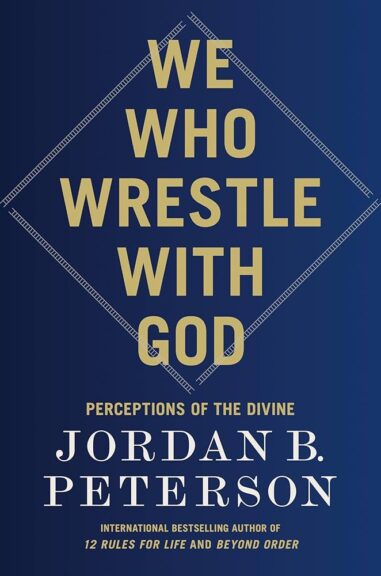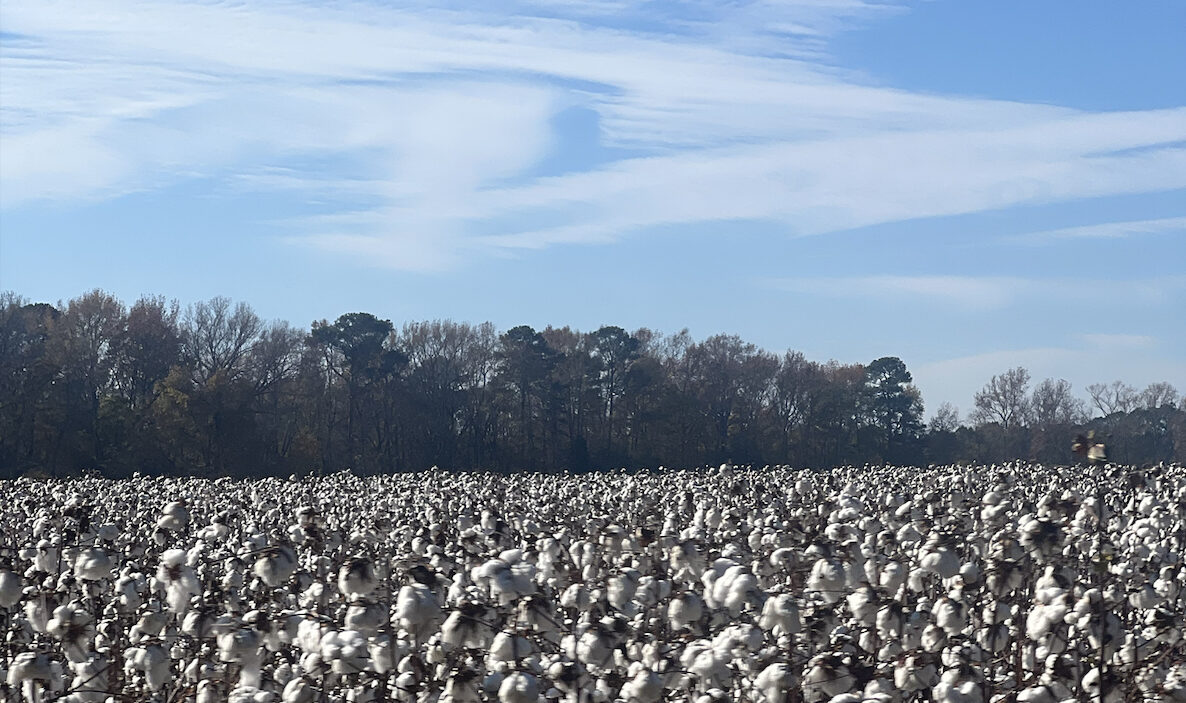The following is a selected excerpt from Dr. Jordan B. Peterson’s new book “We Who Wrestle With God: Perceptions Of The Divine,” (November 19, 2024. Portfolio/Penguin Random House).
Foreshadowing: The Still, Small Voice
If we do and must see the world through a story; if the world reveals itself to us in the form of a story — what is that story? How do we properly characterize our aims, our most profound temptations, our most admirable upward strivings? What is relevant and what can and should be ignored? To what should we devote our costly attention? To what ends should we aim our action? What uncomfortable truth is our conscience eternally attempting to reveal? What is the appropriate hierarchy of value through which the world most productively, generously, and sustainably reveals itself? What, in other words, is the story, the true story of our lives — what is it, and what should it be? It is an account of our highest aspirations, our most fundamental relationship, and, simultaneously, of the true ground under our feet. It is therefore and must be the characterization of the divine itself, of God, just as the biblical accounts insist. And what is this?
Conscience, important as it is — the conscience that makes itself manifest to Elijah — is not the only manifestation of God; not His only dramatic persona. He appears also, as we shall see, as a calling — inspiration, adventure, enthusiasm, curiosity, even temptation — in another of His primary guises, and as much more. We most profoundly wish to meet, and if possible to become, the hero, for example (another guise) — and not just the hero but the hero of all heroes. We want to take on the mien not just of the king, master of his domain, but of the king of kings. We are constituted so that we admire the divine principle of sovereignty itself. We want that so we can take on the perspective of the spirit properly put in the highest of places and experience the world through his eyes. We want to do this so we can ourselves adopt that stance of heroism and responsible kingship toward the problems that beset us and offer us opportunity in our own lives. We want to understand, as profoundly as we are able, the nature of the Good that stands behind all proximal goods — the Good who brings about the compelling life more abundant than is the true garden of eternal desire. We want to identify, likewise, the Villain who stands behind all acts of villainy — the nature of the spirit who wishes to produce all the suffering of the world for the sake of nothing but all that suffering. We want to understand Good so that we can be good and understand Evil so that we can avoid being evil. In this way we can bring about the salvation and redemption of the world, in small ways and great. We can constrain the hell that evil produces, and not just for ourselves but for everyone we care for and love, for the stability and continuance of the societies that we inhabit, and for the love of the world itself.
For better or worse, the story is the thing — and for better or worse, the story on which our western psyches and cultures are now somewhat fragilely founded — however fragile they’ve become — is most fundamentally the story told in the library that makes up the biblical corpus, the compilation of drama that sits at the base of our culture and through which we look at the world. This is the story on which Western civilization is predicated. It is a collection of characterizations not only of God, whose imitation, worship, or, indeed, embodiment is held to be the highest of all possible aims, but of man and of woman, whose characters are held to exist in relationship to that God, and of society, in relation to the individual and the divine. It is, as well, the revelation of the sacrifice that makes such aim possible, and an examination in dramatic form of the transcendent target that is held to unite all things in the best possible manner. The biblical story, in its totality, is the frame through which the world of facts reveals itself, insofar as the West itself is concerned: it is the description of the hierarchy of value within which even science itself (that is, the science that ultimately pursues the good) is made possible. The Bible is the library of stories on which the most productive, freest, and most stable and peaceful societies the world has even known are predicated — the foundation of the West, plain and simple.
* * *
From WE WHO WRESTLE WITH GOD: Perceptions of the Divine by Jordan B. Peterson, to be published on November 19, 2024, by Portfolio, an imprint of Penguin Publishing Group, a division of Penguin Random House, LLC. Copyright (c) 2024 by Dr. Jordan B. Peterson.
* * *
Dr. Jordan B. Peterson is a clinical psychologist and professor emeritus at the University of Toronto. From 1993 to 1998 he served as assistant and then associate professor of psychology at Harvard. He is the international bestselling author of “Maps of Meaning,” “12 Rules For Life,” and “Beyond Order.” You can now listen to or watch his popular lectures on DailyWire+.
Be sure to order his newest book, “We Who Wrestle with God” (Portfolio/Penguin. November 19, 2024.)

 By The Daily Wire (World News) | Created at 2024-11-19 17:00:10 | Updated at 2024-11-24 05:54:39
4 days ago
By The Daily Wire (World News) | Created at 2024-11-19 17:00:10 | Updated at 2024-11-24 05:54:39
4 days ago









